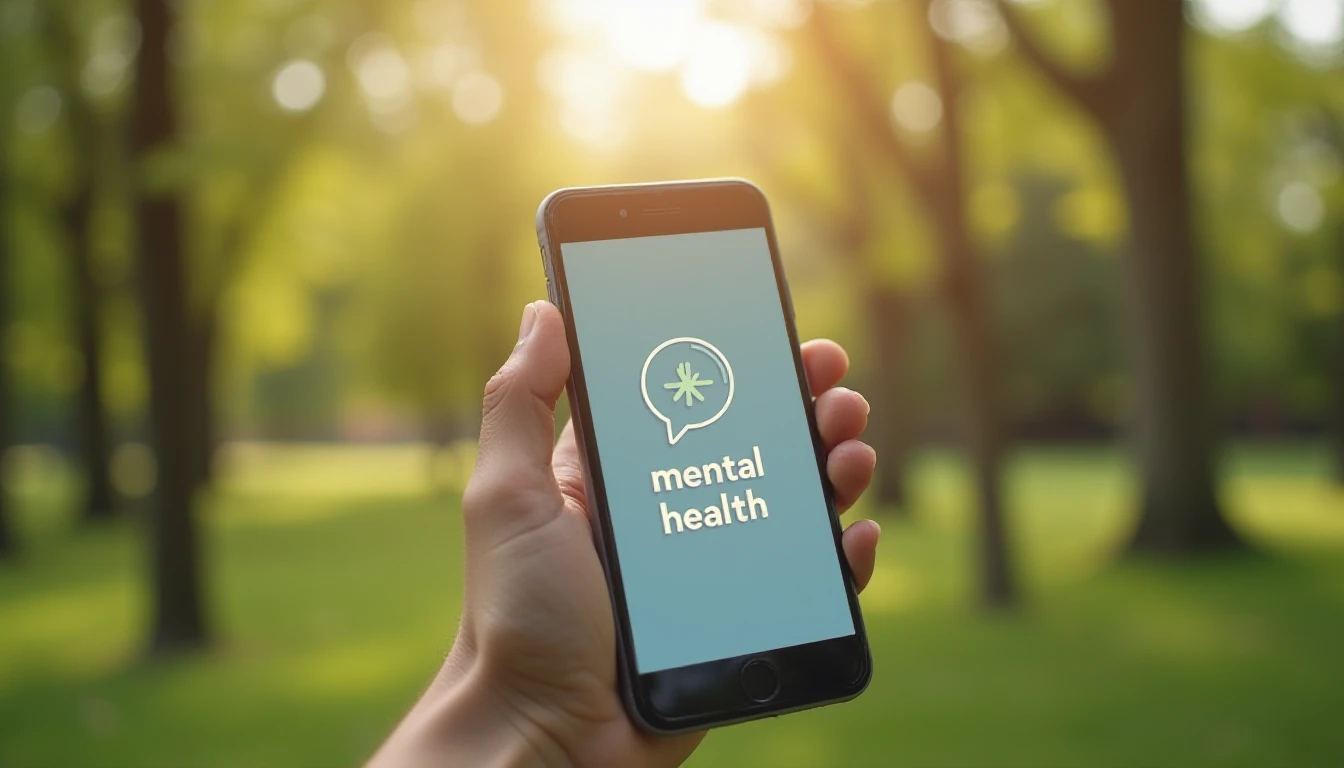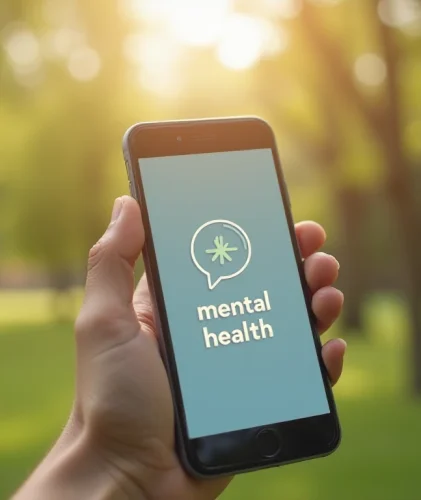Mental health apps have exploded in popularity over recent years, offering various services from mood tracking to meditation guidance. But can these digital tools truly replace human interaction with a qualified therapist? This article explores the pros and cons of mental health apps, helping you decide if they’re right for your needs.
The Rise of Mental Health Apps
In 2021, the global market for mental health apps was valued at over $4 billion and is projected to reach $17.6 billion by 2030[1]. This rapid growth reflects an increased awareness around mental well-being and a shift in how people seek support. Apps like Headspace, Calm, and Youper offer accessible, on-demand services, including mindfulness exercises, mood trackers, CBT tools, and AI-powered chatbots.
The Benefits of Mental Health Apps
Mental health apps can provide several benefits when used as part of a broader wellness plan:
1. Accessibility: With mental health apps, help is always available in your pocket. You can access support at any time, from anywhere, without needing to schedule appointments or commute to a clinic.
2. Consistency and Reinforcement: Many mental health apps offer daily activities, reminders, and progress tracking. This consistency helps reinforce healthy habits and makes it easier to stay on track with your mental health journey.
3. Affordability: Compared to in-person therapy sessions, mental health apps can be more affordable. Some are even free or low-cost, making them accessible to a wider range of users.
4. Anonymity and Convenience: Apps provide an anonymous, convenient way to explore mental health topics without the stigma or inconvenience associated with traditional therapy.

The Limitations of Mental Health Apps
While mental health apps have many advantages, it’s essential to understand their limitations:
1. Lack of Personal Connection: A key aspect of successful therapy is the connection between client and therapist. While AI-powered chatbots are improving, they can’t replicate the nuance, empathy, and personalization provided by a human professional.
2. Diagnosis and Complex Cases: Mental health apps aren’t designed to diagnose mental health conditions or manage complex cases requiring medication or intensive treatment. They should be used in conjunction with or as an alternative to traditional therapy for those with mild symptoms or as part of a broader treatment plan.
3. Privacy Concerns: When using mental health apps, it’s crucial to consider privacy and data security. While many apps have robust measures in place, the sensitive nature of mental health information requires careful consideration.
4. Not Suitable for Crises: Mental health apps aren’t equipped to handle crises or emergencies. If you’re experiencing a mental health crisis, always seek help from a qualified professional or emergency services immediately.
The Future of Mental Health Apps
As the market for mental health apps continues to grow, we can expect to see further advancements in technology and services. Wearables and biometric data could provide more personalized insights into mental well-being, while virtual reality could offer immersive exposure therapy experiences[3]. However, it’s essential that these developments complement rather than replace human support.
Mental health apps have the potential to be powerful tools for managing mild symptoms or supplementing traditional therapy. However, they can’t replace the expertise and connection of a qualified mental health professional. By understanding both the benefits and limitations of mental health apps, you can make informed decisions about incorporating them into your wellness journey. Always prioritize your safety and seek help from human professionals when needed.


